"People have been talking since the world begun. They talked before they wrote, but all we know about the people who talked is what was written down, and here suddenly you can possess their words just as they are, and examine them. And in fifty years people will be able to examine words that have been spoke today. This is especially important, I think, for ordinary people, who have always been translated by people unlike themselves, that is, novelists and dramatists, like Molière, who translated the language of servants. Buts it's not the servant expressing himself directly. Ans I think today, thanks to the cinema and tape recording, we've going to think differently about things and in particular about man, simple man, who has never expressed himself."
Pierre Perrault speaking to J.-L. Comolli and André Labarhe in the television programme 'Pierre Perrault ou l'action parlée'.
MORFI (2025)
For two years, Louisa Vergozisi films her father Vangelis, who lives alone in Morfi, a small place in Greece where she grew up before moving to the Netherlands. It is also the place where they once lived together as a happy family.
Vangelis, an apple farmer who inherited his work from his father, remains deeply connected to the land, even as it becomes increasingly difficult to sustain. Faced with extreme heat, unpredictable hailstorms and failed harvests, he confronts the growing challenges of climate change and the absence of government support. Beyond the apple fields, he quietly carries the daily weight of his solitary life: cooking, tending the house and doing the laundry, in a rhythm that mirrors the seasons around him.
Throughout this film, the relationship between father and daughter unfolds, along with their shared bond to the land that shaped his life. Morfiis an intimate portrait of resilience, memory and the quiet ties between people and place.
Directed, filmed and edited by Louisa Vergozisi
Music by Simon Doesborgh
Coaching by Ruud Lenssen
Color grading and sound design by Rico Derks
Poster design by Studio Denk
With the support of CineSud and We Are Today
Column by Marco Van Kampen in newspaper De Limburger (translated from the Dutch)
The extraordinary story behind ordinary things
I recently went to see a short documentary, made by my colleague and friend L., at the cinema in Sittard. On the big screen, a full theater watched a sober sketch of the life of her own father, an apple farmer in a small Greek village where time seemed to have stood still.
On the surface, we saw a simple man who stoically went through his daily routine. Picking apples, going to the market, cooking his meals, petting the cat, having a drink, singing a song in the car. Beneath those ingrained routines, however, lay a moving chronicle of life choices, the love of and for his daughter, pride and disappointment, identity, the clash between the traditional and the modern world, stifled ambitions, and the bitter need to be seen. With remarkably few words, the documentary managed to capture the extraordinary in the ordinary. [...]
On the surface, we saw a simple man who stoically went through his daily routine. Picking apples, going to the market, cooking his meals, petting the cat, having a drink, singing a song in the car. Beneath those ingrained routines, however, lay a moving chronicle of life choices, the love of and for his daughter, pride and disappointment, identity, the clash between the traditional and the modern world, stifled ambitions, and the bitter need to be seen. With remarkably few words, the documentary managed to capture the extraordinary in the ordinary. [...]
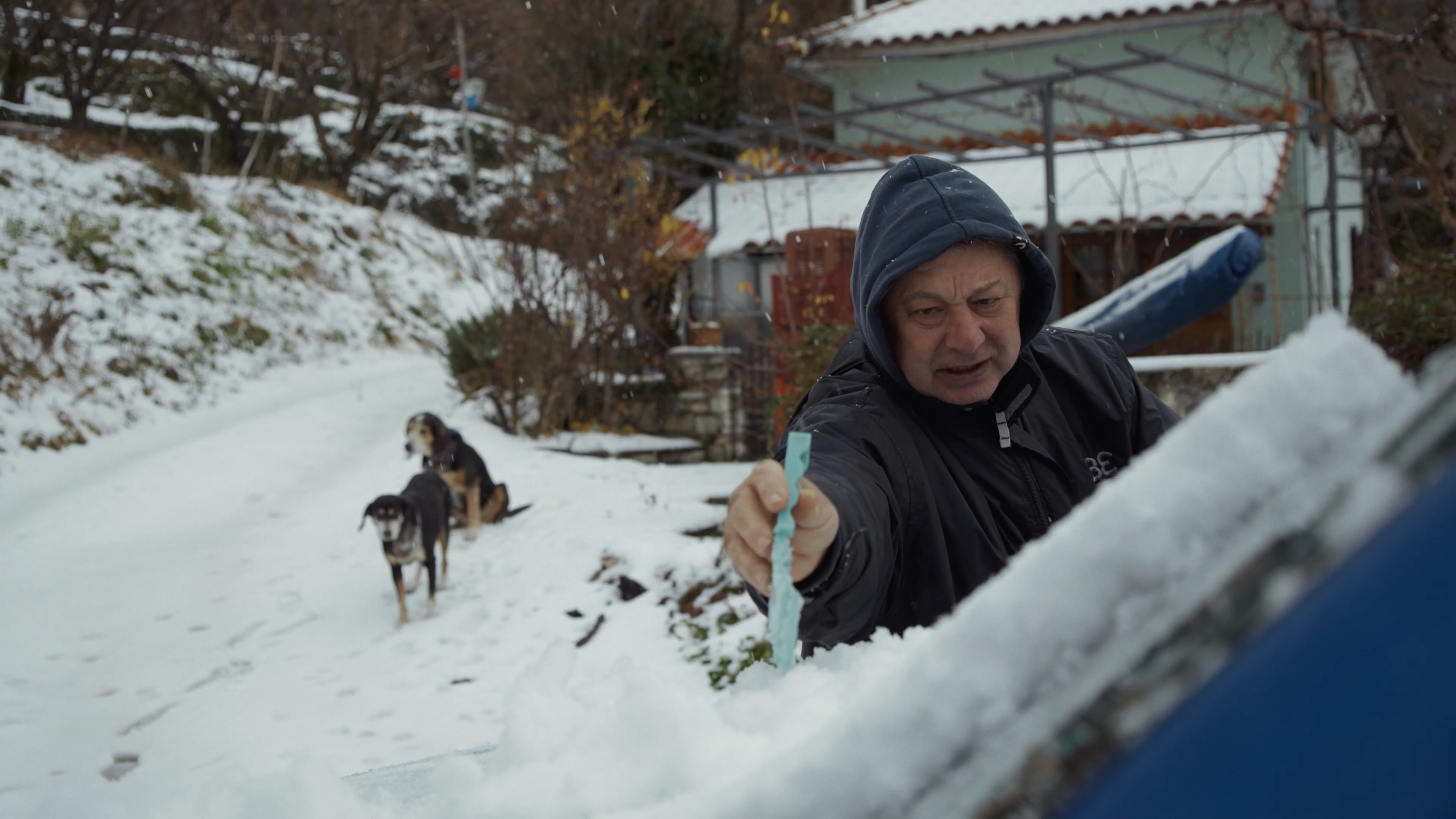
Morfi - Filmstill

Morfi - Filmstill
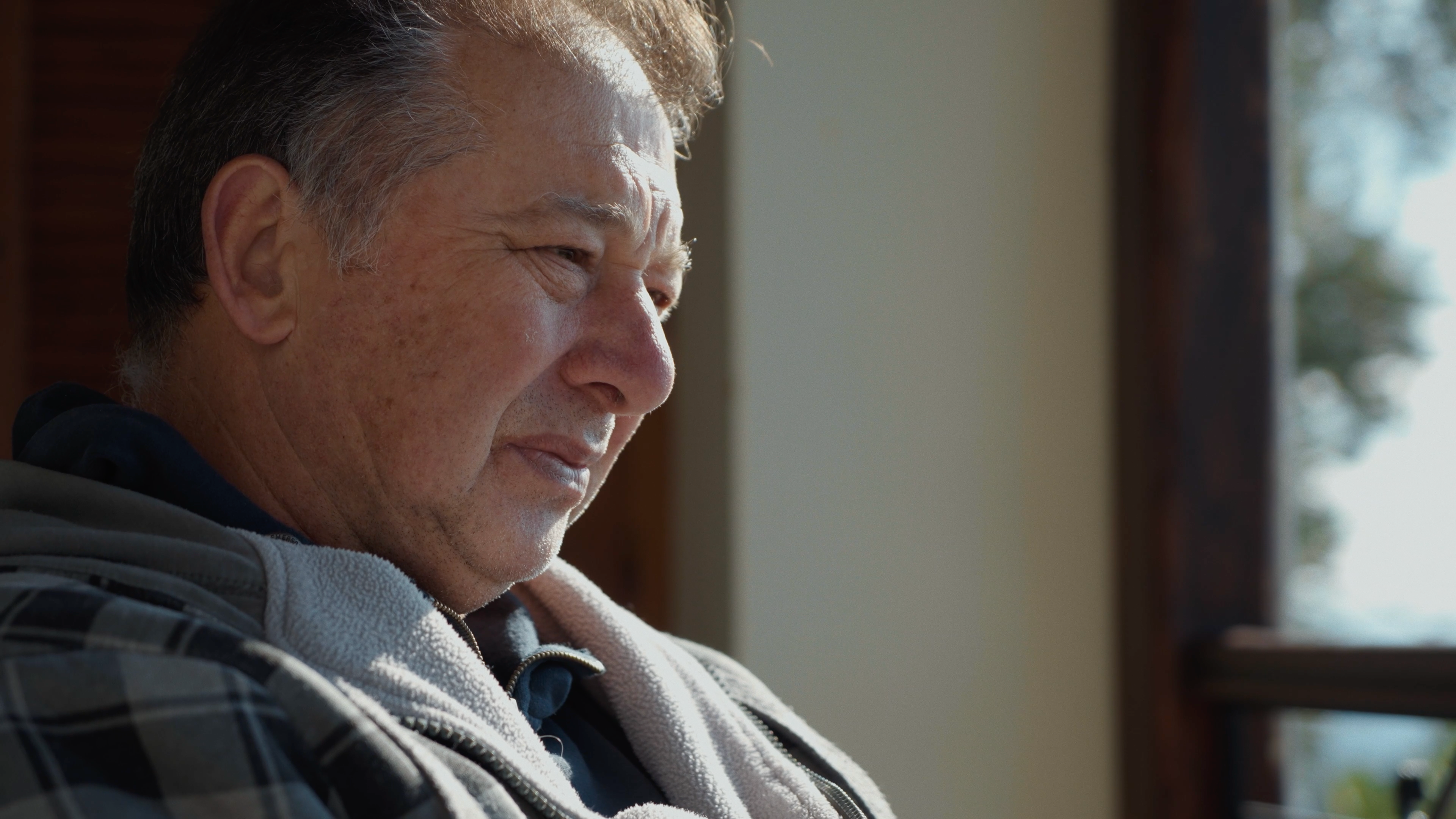
Morfi - Filmstill
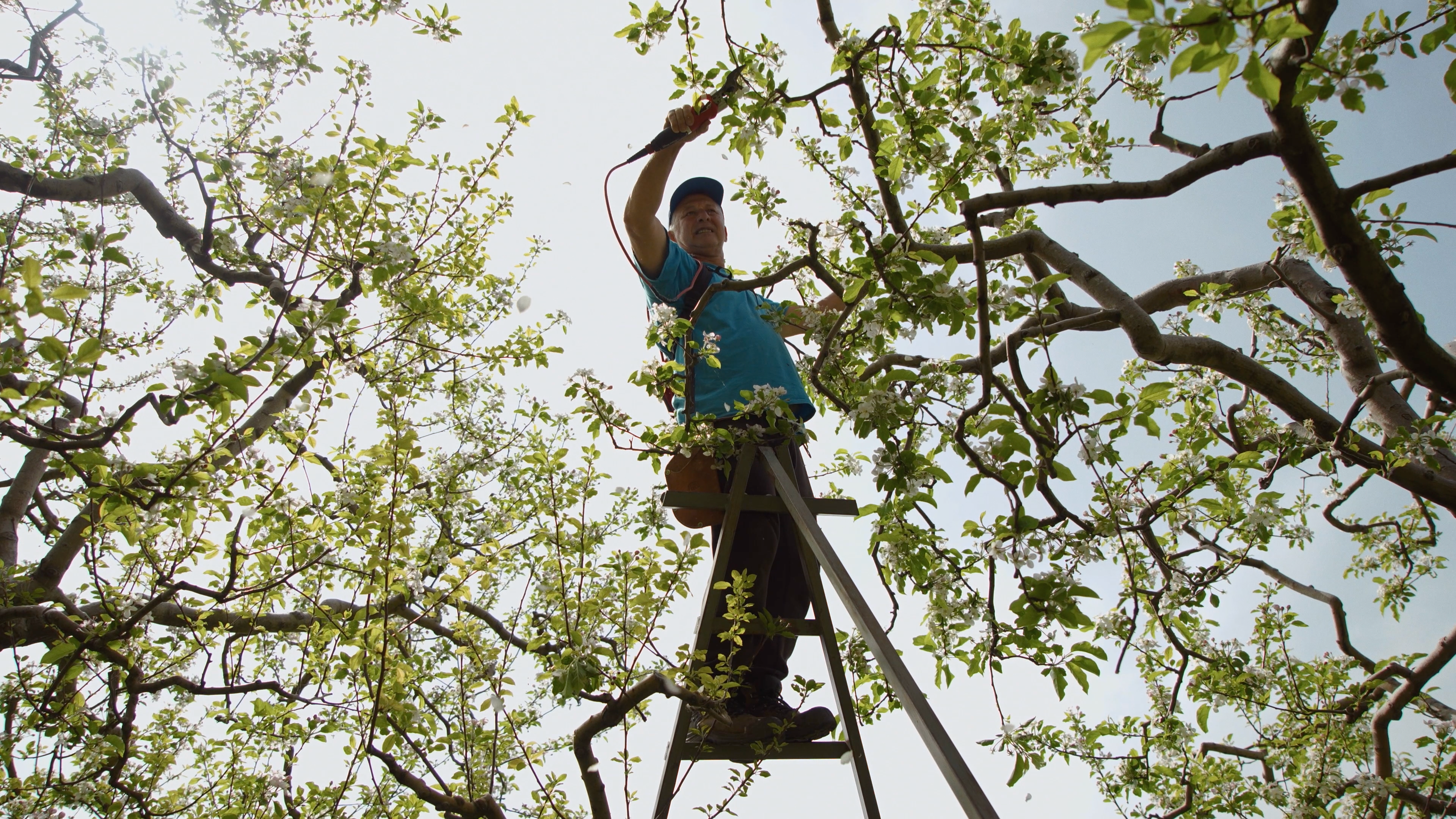
Morfi - Filmstill
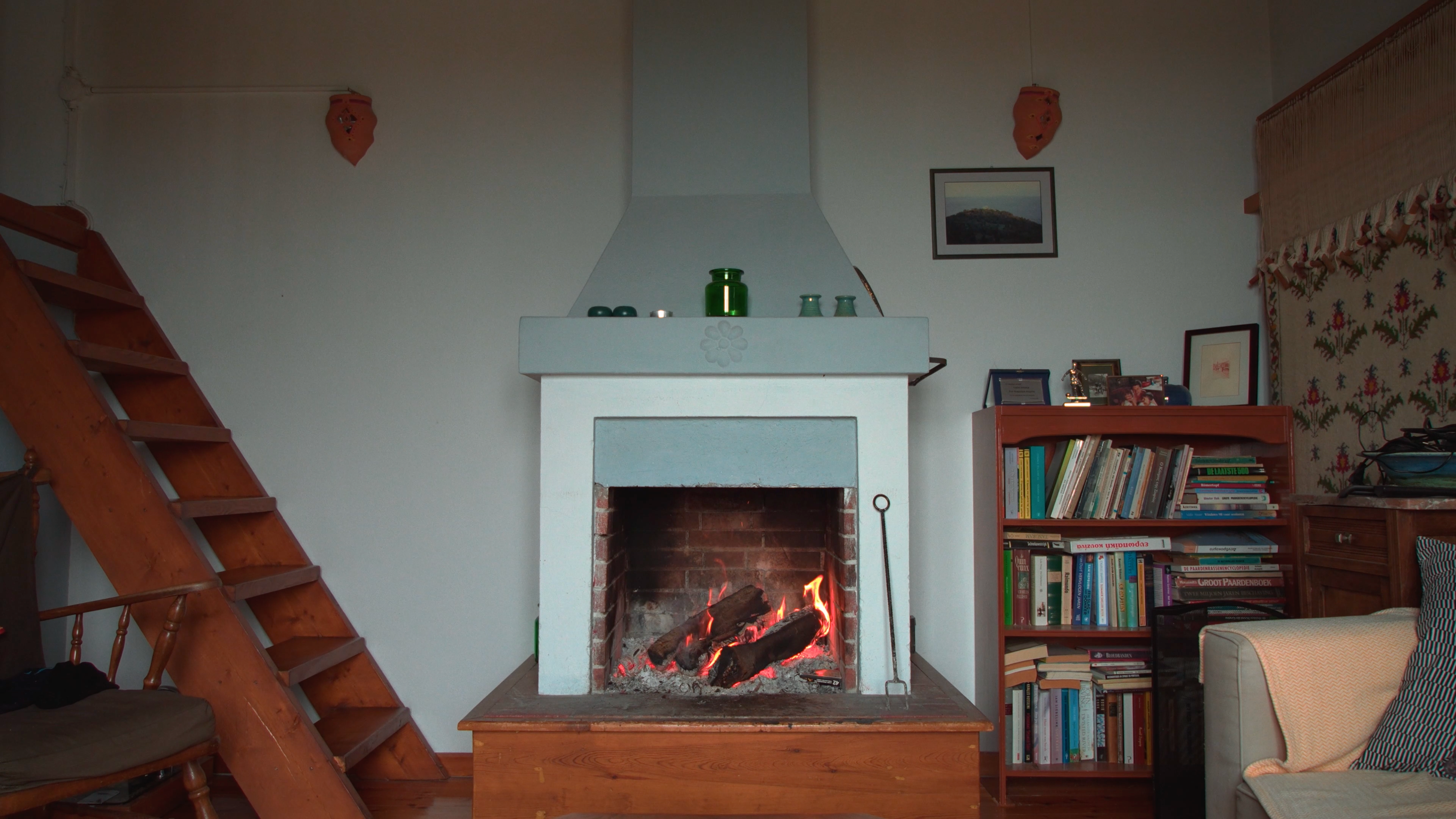
Morfi - Filmstill
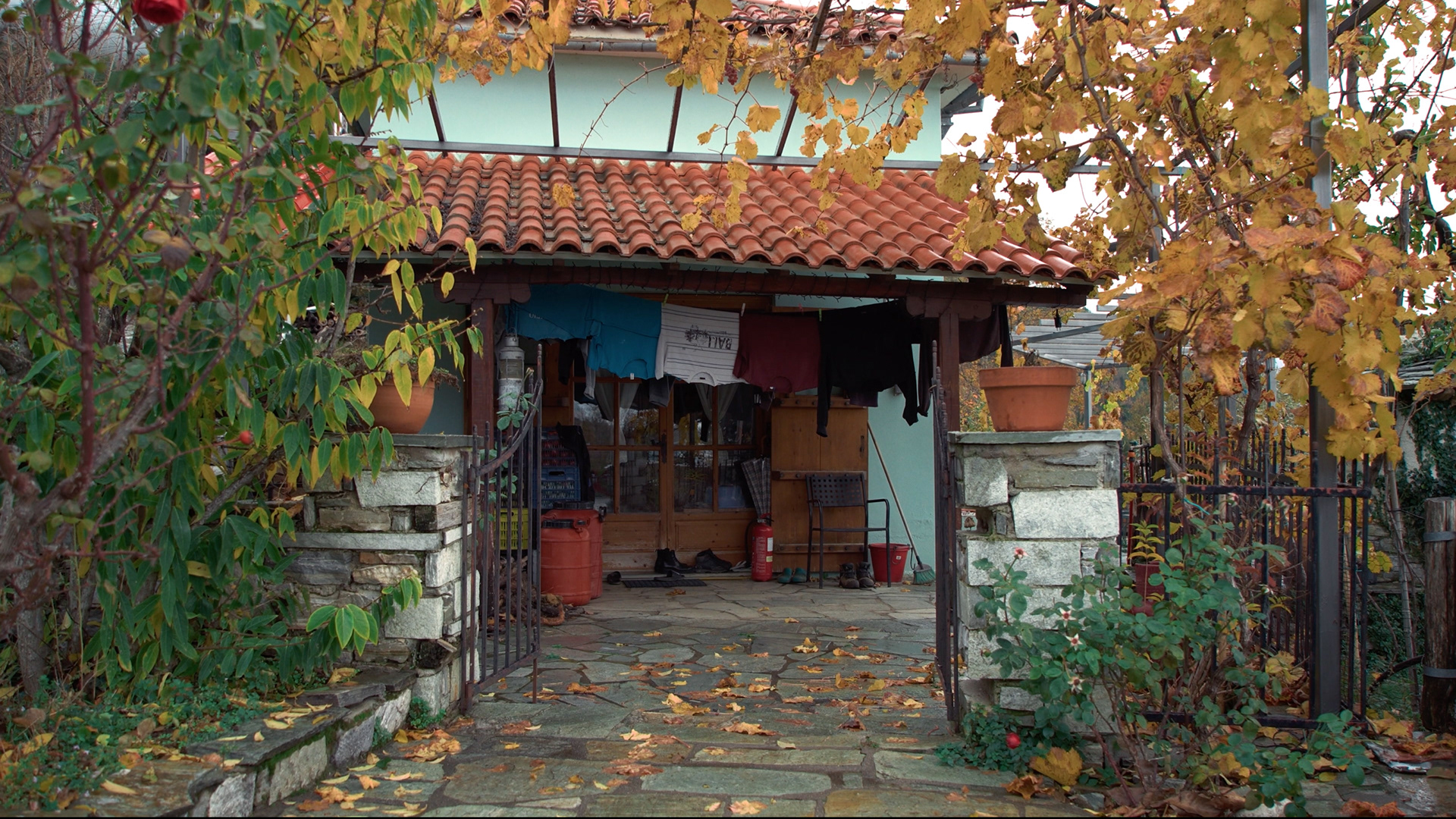
Morfi - Filmstill
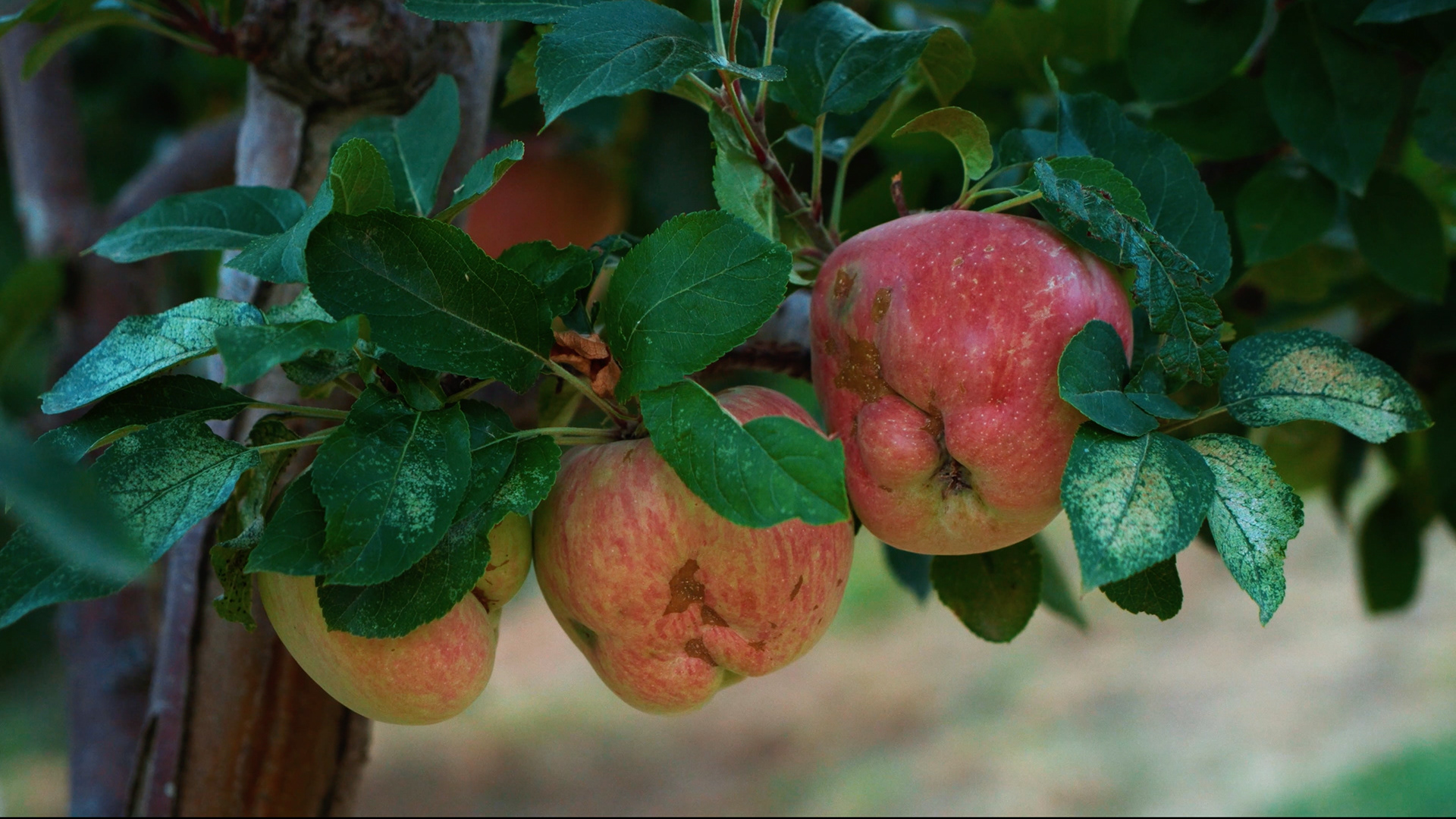
Morfi - Filmstill
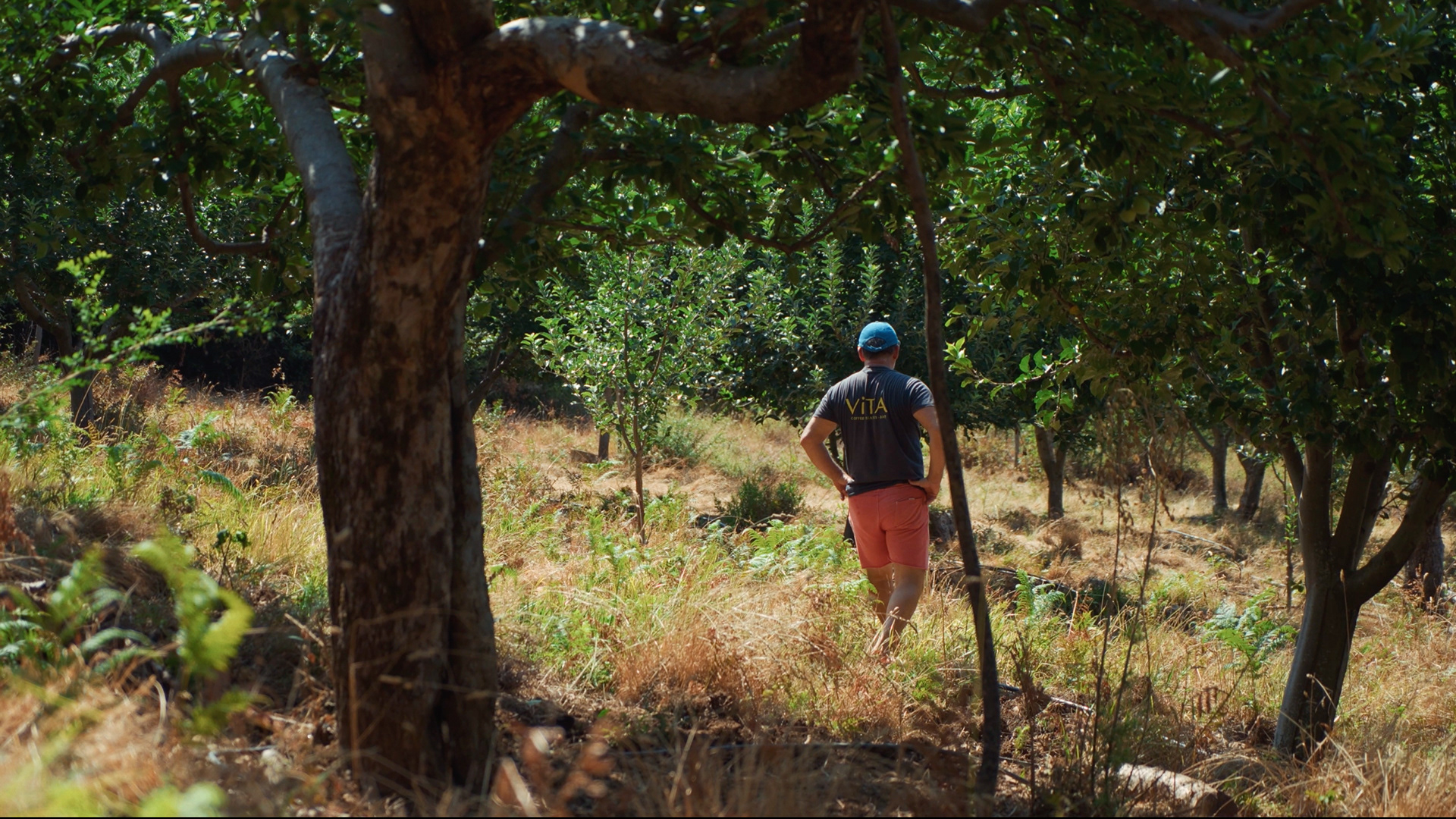
Morfi - Filmstill
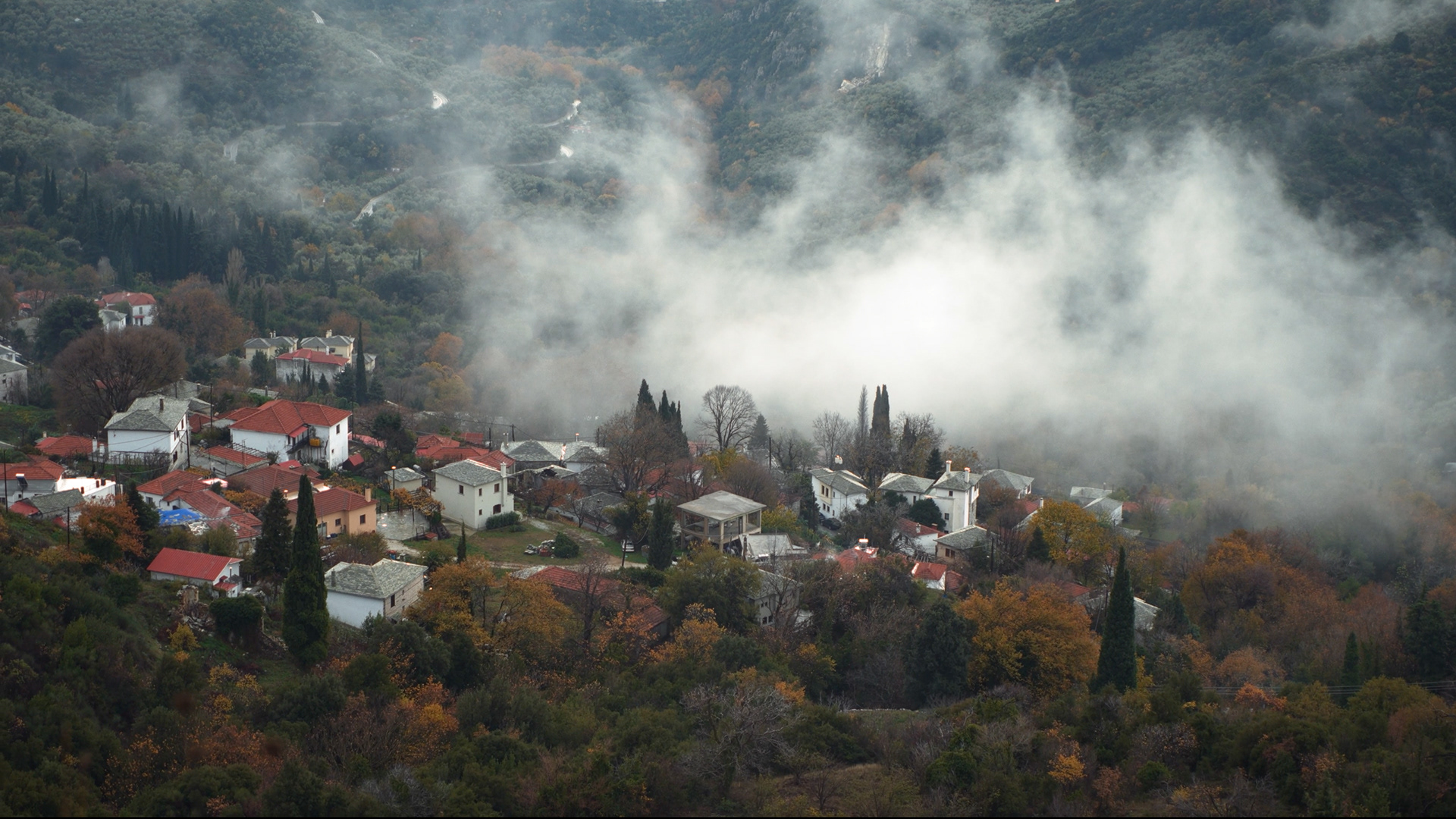
Morfi - Filmstill
Morfi at DOCDAYS 2025 by CineSud in Filmhuis ZICHT, Sittard, NL
WINTER BREEZE (2024)
It was the 4th of January when I looked outside the window over the dead body of my beloved grandmother and saw the winter breeze coming to take her soul. First, I saw it gliding through the bare branches of the trees across the road. Then it reached the flag near the apartment and turned its clumsy movements into a restless dance. Finally, the breeze slipped across the balcony and touched the window frames, making a soft whistling sound.
The room was silent. Everyone heard the call.
The room was silent. Everyone heard the call.
In the short film Winter Breeze, Louisa Vergozisi takes us into the everyday life of her grandmother, a life that suddenly comes to an end. When Louisa began filming, no one knew that her grandmother would soon die, yet she was already ill; death was already within her.
In one of their recorded conversations, her grandmother recalls her husband’s death and the way she continued to feel his presence through specific events. She says: “There is more between heaven and earth. I don’t believe that death is the end.”
In one of their recorded conversations, her grandmother recalls her husband’s death and the way she continued to feel his presence through specific events. She says: “There is more between heaven and earth. I don’t believe that death is the end.”